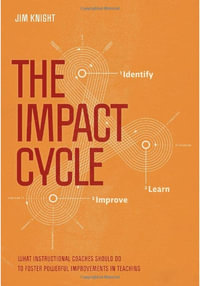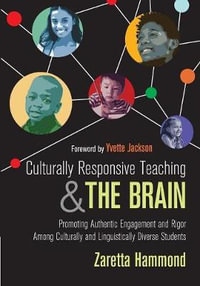
Lessons in Being Chinese
Minority Education and Ethnic Identity in Southwest China
Paperback | 1 August 1999
At a Glance
Paperback
$104.25
Aims to ship in 10 to 15 business days
When will this arrive by?
Enter delivery postcode to estimate
Open-access edition: DOI 10.6069/9780295804125
Two very different ethnic minority communities—the Naxi of the Lijiang area in northern Yunnan and the Tai (Dai) of Sipsong Panna (Xishuangbanna), along Yunnan’s border with Burma and Laos—are featured in this comparative study of the implementation and reception of state minority education policy in the People’s Republic of China. Based on field research and historical sources, Lessons in Being Chinese argues that state policy, which is intended to be applied uniformly across all minority regions, in fact is much more successful in some than in others.
In Lijiang, elite members of the Naxi ethnic group (minzu) have a centuries-old connection with Chinese state educational systems as avenues to social mobility, and have continued this tradition under Communist rule. They participate enthusiastically in the present system, using education to gain official and professional positions. In contrast to the Lijiang area, Sipsong Panna functioned in many ways as a separate kingdom until 1950, with its own script and a separate educational system centered in Theravada Buddhist monasteries. Today, many Tai in that area still prefer monastic education for their sons, and most parents are indifferent to state education.
This study finds that standardized, homogenizing state education is in itself incapable of instilling in students an identification with the Chinese state, ironically often increasing ethnic identity. Lessons in Being Chinese enhances our understanding of how state policy toward minorities works in many areas of life, and its conclusions can be extended well beyond the sphere of education. It will be of interest to both anthropologists and educators.
Industry Reviews
This book is especially relevant in these times when assimiliationist educational projects in minority communities are debated as human-rights issues in countries as different as Canada and Taiwan. [Hansen] provides much-needed discussion and empirical data on these issues in a fascinating province of the People's Republic of China.
--China Review InternationalISBN: 9780295977881
ISBN-10: 0295977884
Series: Lessons in Being Chinese
Published: 1st August 1999
Format: Paperback
Language: English
Number of Pages: 248
Audience: General Adult
For Ages: 22+ years old
For Grades: 17+
Publisher: UNIV OF WASHINGTON PR
Country of Publication: GB
Dimensions (cm): 22.9 x 15.2 x 1.91
Weight (kg): 0.35
Shipping
| Standard Shipping | Express Shipping | |
|---|---|---|
| Metro postcodes: | $9.99 | $14.95 |
| Regional postcodes: | $9.99 | $14.95 |
| Rural postcodes: | $9.99 | $14.95 |
How to return your order
At Booktopia, we offer hassle-free returns in accordance with our returns policy. If you wish to return an item, please get in touch with Booktopia Customer Care.
Additional postage charges may be applicable.
Defective items
If there is a problem with any of the items received for your order then the Booktopia Customer Care team is ready to assist you.
For more info please visit our Help Centre.
You Can Find This Book In
This product is categorised by
- Non-FictionEducationOrganisation & Management of Education
- Non-FictionEducationTeaching of Specific Groups with Special Educational NeedsTeaching of Students with English as a Second Language TESOL
- Non-FictionSociety & CultureSocial GroupsEthnic StudiesEthnic Minorities & Multicultural Studies
- Non-FictionSociology & AnthropologyAnthropologySocial & Cultural Anthropology, Ethnography
























